|
4/8/2020 It's Laundry Day!Now that the grass has turned a disgusting shade of brown and summer has arrived with a vengeance, we're entering the next stage of water conservation on the farm. No water on the garden unless it is reclaimed water. Most of the year, I've been using reclaimed water from washing wool or dying. However, at this time of year, it's no longer sustainable to be using water in crafting every week. We need to reserve water for human and livestock needs first. Although I am expecting to get an indigo vat going this year as it doesn't require as much water as regular dyeing. Usually, I let the garden die, but this year, I'm feeling food insecure, so I want to get some winter crops planted to see us through the cold months. For this, I'll need to find water. What necessary household activities can I reclaim water from? That's where this vintage washing machine comes in! Click "read more" on the right to ... 12/5/2020 dyedAs social distancing restrictions ease in my province, I can't help but worry our personal social distancing is just at the beginning. Living with a family member who is immune suppressed and having several co-mobility factors myself, I suspect it will be months if not years before we can re-join society. But it's not too bad with five acres and a house full of introverts. We've been keeping busy. One of the things I set out to learn during lockdown is dyeing with acid dyes. I bought a couple of kits from Ashford where 10g of dye is enough to colour 1-kilo of fibre! With two years of fibre saved up for the local mill, which closed its doors last fall :( , I have a lot of wool (and alpaca, and llama, and silk, and...) to practice on. It's been a massive amount of fun, and I feel I'm only just scratching the surface of what is possible with this fantastic art. Click "read more" on the right to ...
25/6/2019 mullein oil for earacheFrom time to time, I get a mild ear infection. An itching sensation in the right ear, like ants, crawling about inside and a deep swelling feeling like a softball is trying to grow its way out of the side of my head. The ear, nose and throat doctor suggested a drop of olive oil from time to time, but for the most part, these things are supposed to clear up on their own. The olive oil helps a bit, but the sensation never really goes away. I started looking for other solutions. One day I found this ginormous plant growing in my field. It had big fuzzy leaves and a five-foot-tall flower stock. Could this be mullein? Click "read more" on the right to ...
Meet George George is one of my silkworms. These greedy-samas (sama is the Japanese honorific title added at the end of the name, like 'san' but with more respect) are going to help me transform leaves into cloth. These are my very first silkworms and I want to give a shout out to Peggy at Flourishing Filaments who helped me with the research and found a way to send silkmoth eggs to Canada. At the time of writing, it is legal to import Bombyx mori into Canada and to export from the USA without a fancy certificate (but check with the government before attempting it for yourself because things change). While researching silkworms online, I noticed that a lot of people name their worms. They grow attached to these little guys. I didn't want to feel left out, so I named them. I named all 200 of them George except for the big one, his name is Harold. Click "read more" on the right to ...
We have officially entered stage four drought conditions, which is apparently the worst we have. It means that the government can start making emergency legislation to reduce water usage including industry and farming. It also means that we are at risk of not having enough drinking water next year if the drought continues through the rainy season. Since water-less and water-free farming is the main focus on the farm, I wanted to share some updates on what's working and what techniques we are still developing. It's all experimental. There's lots of theories on what works, but what works for one may not work at another location. That's why it's so important to try things for yourself.
Click "read more" on the right to ...
Click "read more" on the right to ...
This morning petrichor was heavy in the air. Petrichor is a smell so strong; you can almost feel the texture gritting against your skin. It's a mixture of ocean and dust. But more than that. Petrichor is the smell rain makes after dry, grimy, hot summer days. It's unusual to experience petrichor here, as it seldom rains in summer and never in June. At least not since we moved to the farm nearly ten years ago. It is an unusual year for weather. I expect unusual will soon be the new norm. Most years, the rain stops on or before May first. There are a couple of rainy patches near midsummer and again at the end of August, but these showers usually miss the farm. It will rain at the neighbours and across the road, but not here. One of the things we strive for is low maintenance farming; farming without irrigation or rain in a Mediterranean climate. Most of the experiments on the farm have been focused on the assumption it won't rain in the summer. We've had great success with this. There are a few parts of the farm that are entirely irrigation-free and produce a decent crop even on poor soil. We've grown chickpeas, peas, soup peas, kale, squash, hot peppers, sunflowers, woad, flax, and tomatoes without irrigation or rain. Pretty darn neat. This year, we've been experimenting with different row and plant spacing as well as potatoes. But the rain has skewed our results - not that we mind - so we'll have to try it again next year. How are we growing these without irrigation? Click "read more" on the right to ...
|
CategoriesAll Airwell Angora Animal Fibre Boring Community Cotton Dryland Farming Dye Etsy Shop Experiments Fibre Prep Finance Flax Frugal Household Management Indigo Linen Local Cloth Mediterranean Climate Natural Dye Permaculture Plant Fibre Sewing Silk Tutorial Urban Fibre Vintage Wildcrafting Archives
February 2022
|
|
Created by Tracy Wandling of One Wing Freelance Graphic Design
|
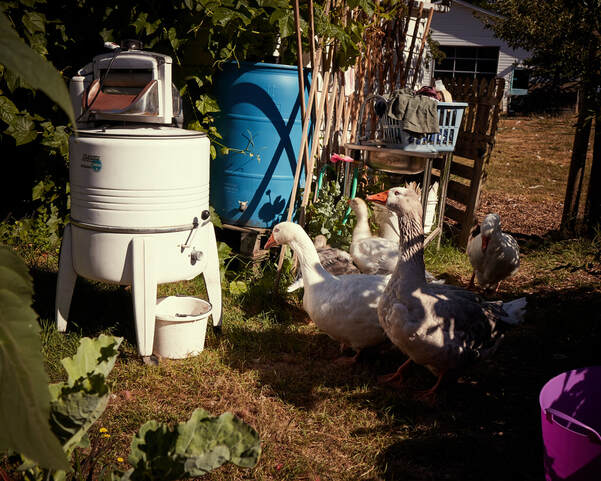
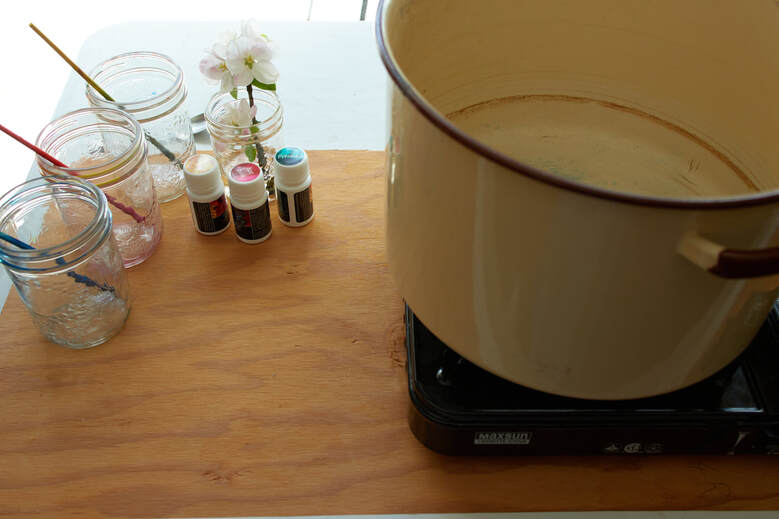
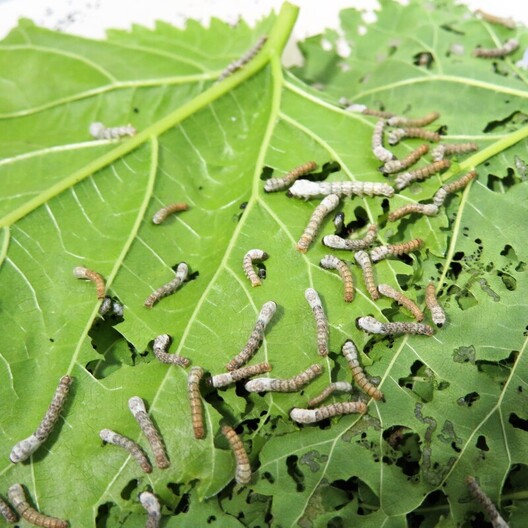
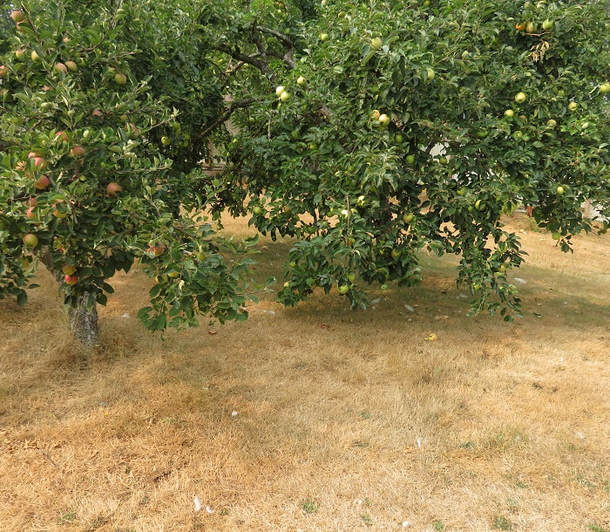
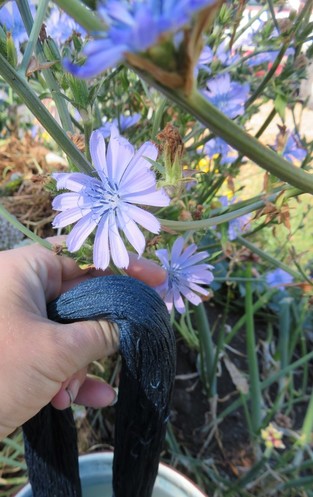
 RSS Feed
RSS Feed
